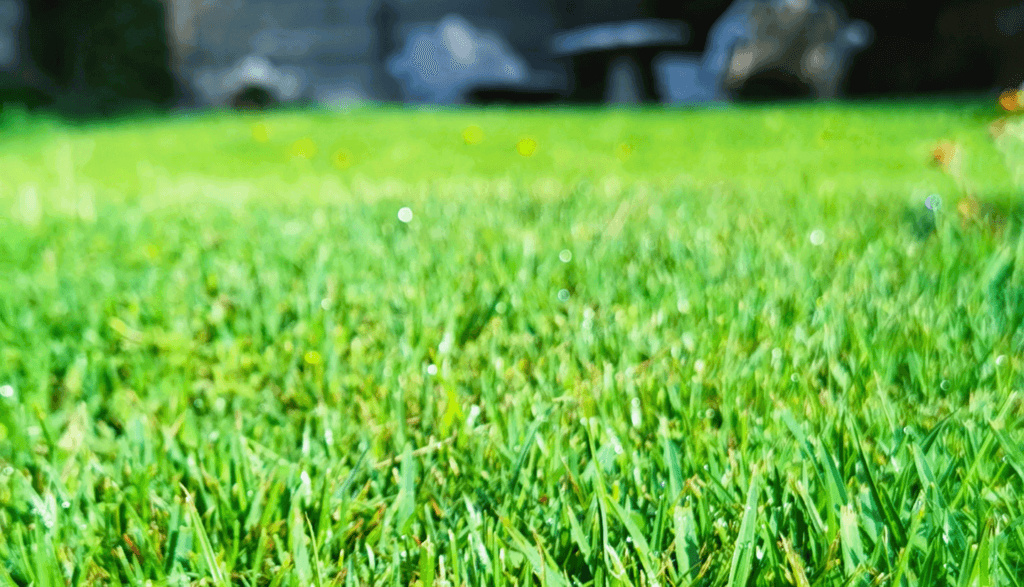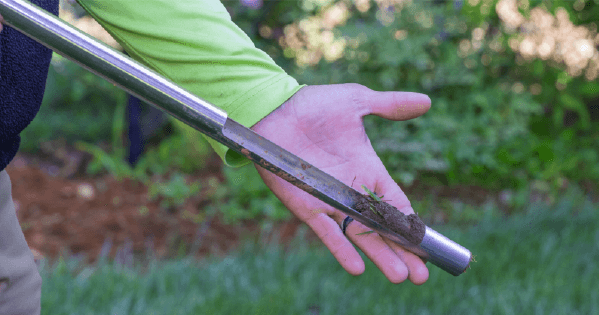Navigating Local Lawn Care Regulations and Ordinances

Is your neighbor mowing the lawn at 6 a.m.? Or worse, not mowing at all? Does local wildlife avoid your feeders because someone nearby is spraying pesticides? Local lawmakers created lawn regulations and ordinances in Greater Atlanta to solve these and other problems. These few key considerations can vary slightly depending on the specific city or county regulations. Here are some common aspects you might encounter:
- Water Restrictions: Due to concerns over water conservation, many cities in the Atlanta metropolitan area have specific water restrictions. These often dictate when and how often you can water your lawn, particularly during drought conditions.
- Grass Height Regulations: Some municipalities have ordinances specifying the maximum allowable height for grass and weeds. This is typically to maintain neighborhood aesthetics and prevent overgrowth that could attract pests or pose a fire hazard. Wind can carry seeds from weeds onto neighboring property, thereby spreading the problem further.
- Pesticide and Fertilizer Use: Chemicals used in lawn care, such as certain types of fertilizers and pesticides, might be regulated to protect local water sources and wildlife.
- Homeowner Association (HOA) Rules: If you live in a community with an HOA, there may be additional rules governing lawn maintenance and appearance. These can be more restrictive than local government regulations.
- Noise Restrictions: Using lawn equipment like mowers and leaf blowers may be subject to noise ordinances, especially during early morning or late evening hours. The law is outlined in Atlanta’s Code of Ordinances, Chapter 74, Article IV, which is all about noise control. More specifically, the ordinance states: “It is unlawful to operate for any person to use or operate any noise-generating, motorized landscape maintenance devices, including but not limited to leaf blowers, lawn mowers, or chainsaws, any single-family residential, two-family residential, multi-family residential, or mixed-use zoning district or in areas within 300 feet of any single-family residential, two-family residential, multi-family residential, or mixed-use zoning district from 8:00 p.m. to 8:00 a.m.”
- Environmental Regulations: In some areas, there are regulations aimed at protecting natural habitats, which might restrict certain landscaping practices. The law covers pollution control, soil erosion and sedimentation policies as well.
To find the specific regulations that apply to your location within Greater Atlanta, it’s best to check with your city or county government’s website or contact their code enforcement department. They can provide you with the most accurate and up-to-date information regarding lawn regulations and ordinances in your area. Additionally, if you live in a neighborhood with an HOA, reviewing your community’s covenants and restrictions will also give you insights into any additional rules you need to follow.
Need More Information?
If you’d like to learn more about lawn maintenance regulations and ordinances, go to atlanta.elaws.us. Overall, by following lawn maintenance regulations and ordinances in Atlanta, residents contribute to a sustainable and attractive living environment while also complying with local laws that support the well-being of the community as a whole.
About Simply Green Lawn Care

Simply Green aims to provide the highest quality lawn care, mosquito control, and lawn pest control services to Georgia residents.
We are locally owned and operated which allows us to be accessible, attentive, and responsive for customers in Georgia.
Our well-trained team is easy to work with and determined to exceed expectations.
All our plant health care specialists are Georgia Department of Agriculture Certified and maintain their Category 24 applicators license.


